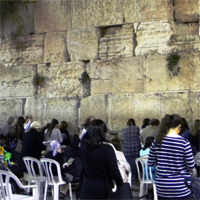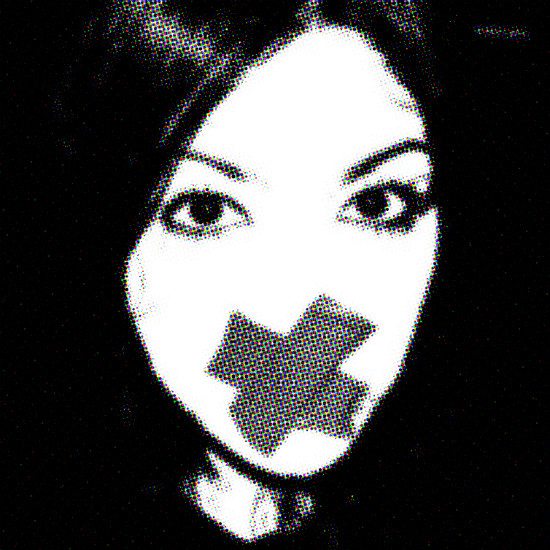“Eff the ineffable”, wrote Terry Eagleton in an attempt to figure out Samuel Beckett’s work. “There must still be a trace of truth in the world.”*
Everything is torn open by why—a hole, a great, ragged rip in a reality. There we hang, in the inexplicable, in the hole, from knots stabbed into our ribs, wondering why.
Modernism thrashed and cried in this void. Postmodernism accepted that no rescue was coming. Post-Postmodernism—we may as well name it—wonders why we ever expected a reason, in the first place, and looks for some satisfaction in the dull swinging that’s left to occupy us.
So, god is dead, now. For some twentieth century critics, the death of god also necessarily entails the death of meaning. Seeing the brute fact of suffering as Being’s clownical joke on us, they say, robs humanity of its last claim to nobility, without which we may as well be stars—pretty, mute, unremarkable beside each other in the night sky, the winking out of which goes entirely unnoticed.
But human nobility does not lie in humankind’s determination to ask why and its capacity to await an answer, patiently. It is because we must know what and how that we still mean something in a universe that does not look at us. We will consume ourselves, sometimes, in the very cold disinterest of the cosmos, pursuing what and how.
Why disease, or hurricanes, or murder, or exclusion and oppression, we can hardly know. The social ills are as buried in mystery as the natural disasters, or so tradition would often have it. But the what of it all, in this after-god world, we can surely identify. And when we identify it, we comic heroes can burn time itself to disrupt the how that the universe has set in motion. We can be absolutely Herculean in our efforts to change the world that chugs along, unaware of the power that clutches at it.
“Unprecedented”, some say. And hardly with unanimity or without acrimony. But Israel just opened up a new stretch of the Western Wall for men and women to pray, side-by-side, and for mixed-gender rites. Why the segregation and exclusion for so long? God knows. But the what that is blind, determined patriarchy—that Israel figured it could fix. The how by which value is imposed on people and taken from them—that Israel realized it could change. While we’re waiting for god’s why, said Israel, in this case, we’ll deal with reality’s what.
The so-called “traditionalists” ground their teeth, but Pope Francis recently decided that priests ought to wash women’s feet, too, on Holy Thursday. Why has it been otherwise for so long? We could speculate. But the what, right now, that was clear as day. The how of changing the what was as simple as doing.
If there is a personal god and a judgment, as Christian apocalyptics foretells, we should note that the judgment bar has two sides to it. God may condemn us for what we have done, but god will not escape our judgment for the whys at the root of existence’s misery.
In the meantime, it’s clear that we must make what and how our business, and not use the ineffable why as an excuse to sit, inert, before suffering and wrong. When we say, “We don’t know why X is the way it is,” as a way of excusing ourselves from recognizing everyone’s full humanity, we invite the sneer that cynical philosophy throws at us.** Because we can make new what’s and new how’s, then when we don’t, we may as well give god, the cosmos, each other, and all existence the post-everythingism finger.
At least, when we do nothing for not knowing why, we do give up all claims on any nobility that might make us truly human or, even, divine. If we live in a pointless post-world, in which god is dead or absent and meaning is a punch-line, it is only because we let why excuse us from admitting that X is a what that we can change, and that we must change, because we can.
____________________
*Terry Eagleton, Sweet Violence (2003), 68.
**The only greater disgrace than the “We don’t know why” shrug that we give to evil is the citation of Isaiah 55 as permission to treat others as objects.
Image from https://commons.wikimedia.org/wiki/File:ISRAEL,_Jerusalem,_Wailing_(Western)_Wall.Jerusalem;_11-3000-100_(4).JPG












